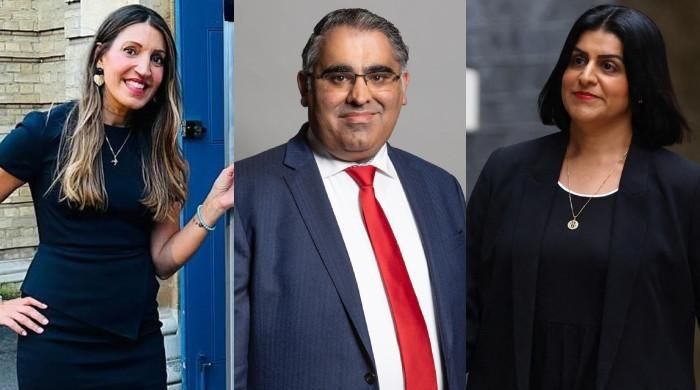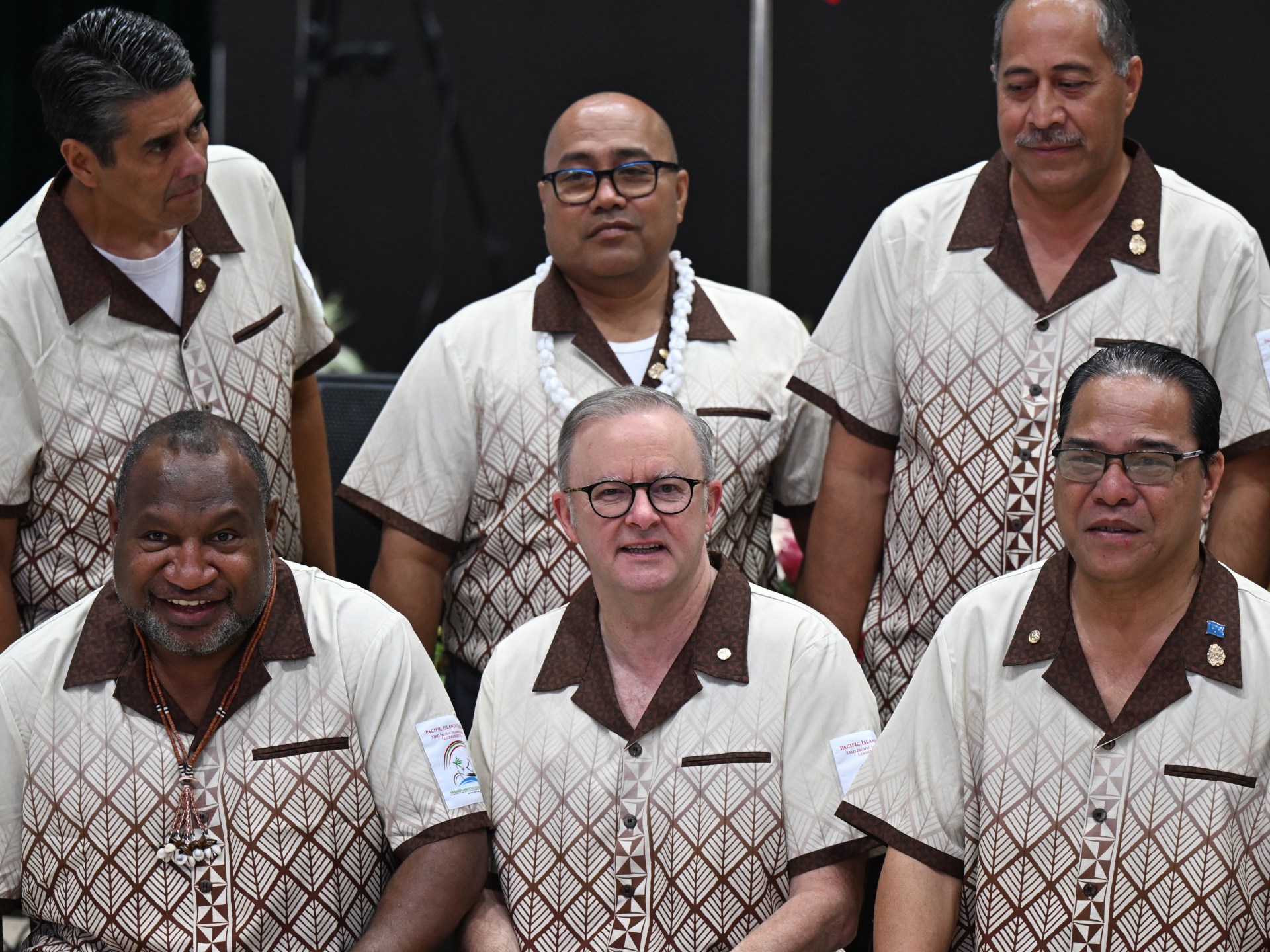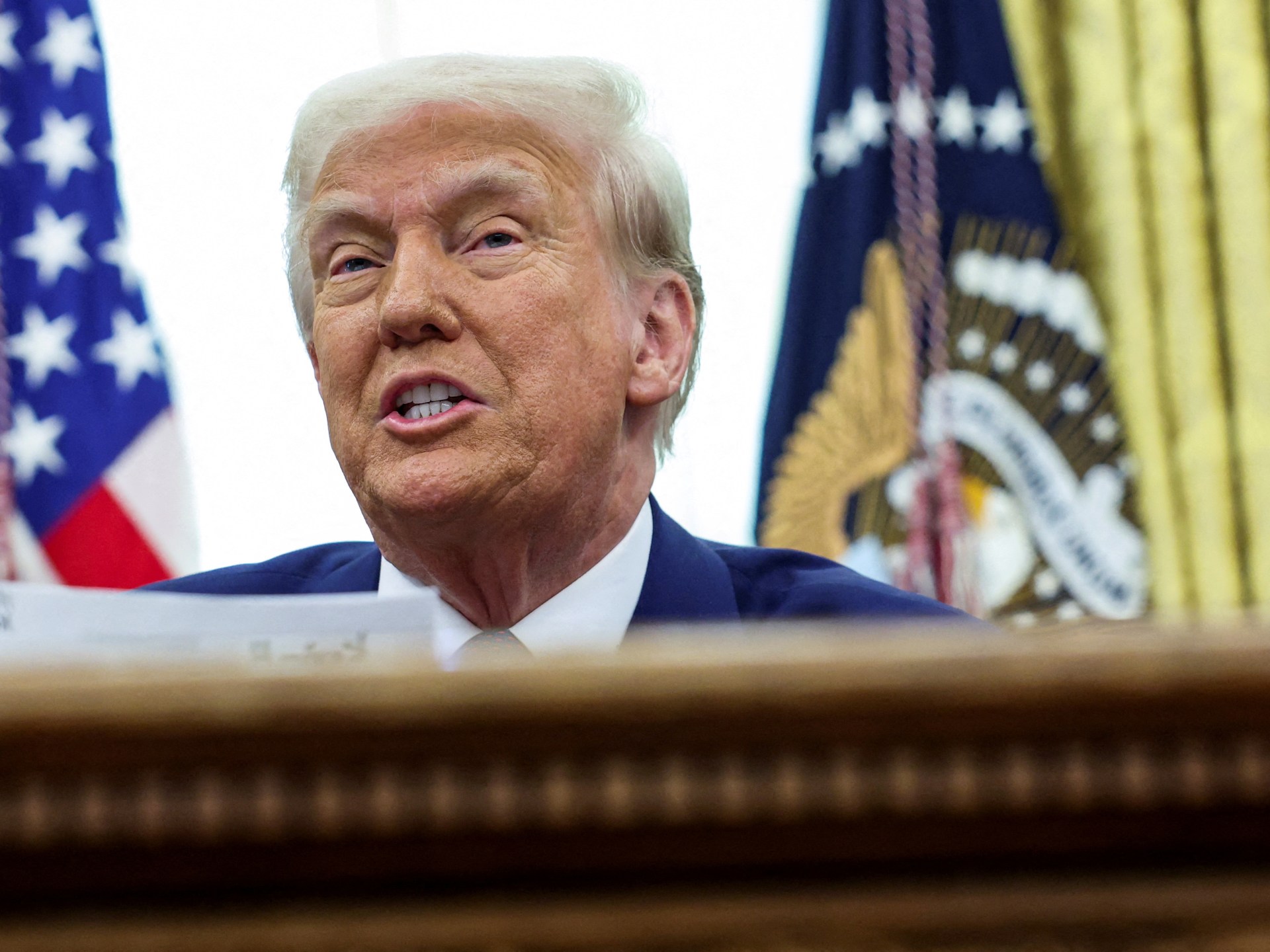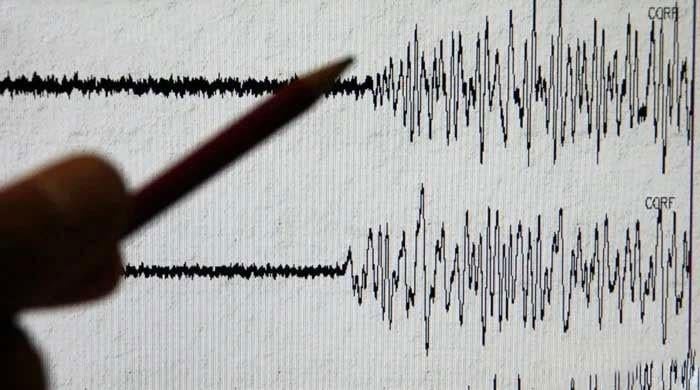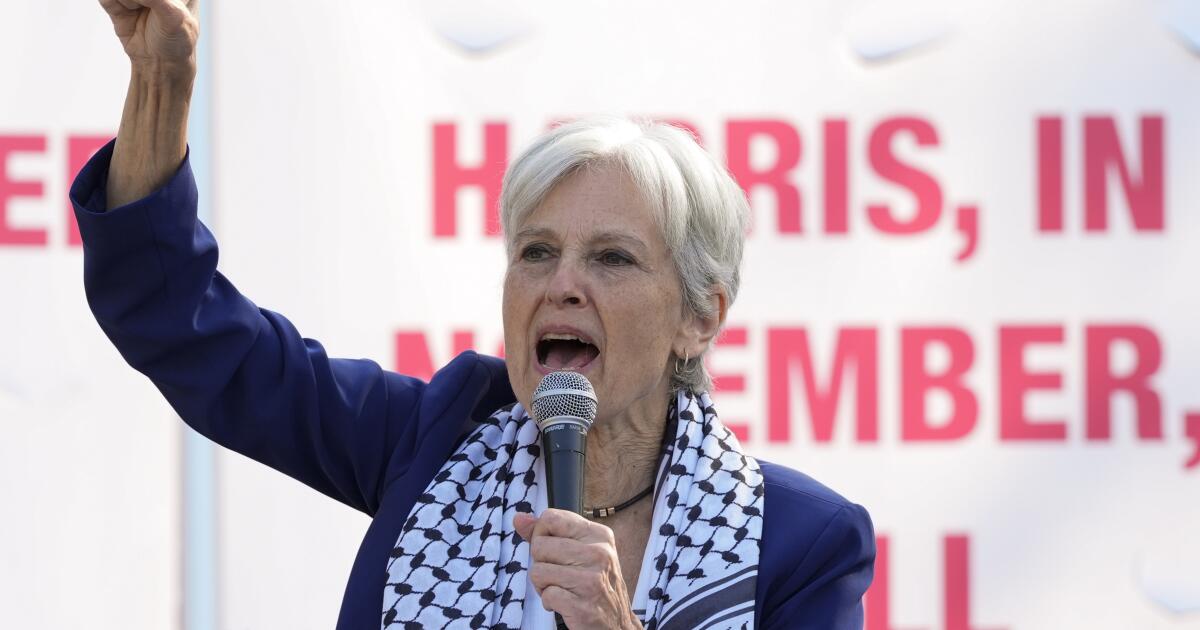- Four British-Pakistanis will serve in Parliament for the first time.
- The new parliament will include a record 242 female lawmakers.
- The Labour Party won around 412 seats, representing a majority of 174.
Britain's new Prime Minister Keir Starmer will oversee a more ethnically diverse parliament with more women than ever after winning a landslide election on Thursday that ended 14 years of Conservative rule.
The number of British-Pakistanis in the new British parliament remains at 15, four of whom will be serving in parliament for the first time.
Afzal Khan, Imran Hussain, Naz Shah, Yasmin Qureshi, Muhammad Yasin, Tahir Ali, Shabana Mahmood, Zarah Sultana, Dr Zubir Ahmed, Naushabah Khan and Dr Rosena Allin-Khan of the Labour Party claimed victory in the election.
They are joined in parliament by Ayoub Khan and Adnan Hussain, who won the election as independent candidates, and Saqib Bhatti and Nusrat Ghani, who won the election as conservative candidates.
Black, Asian and minority ethnic lawmakers will make up around 13% of the House of Commons, up from 10% in 2019, when Britain last held a parliamentary election. Reuters reported.
It will be the highest proportion of ethnic minority MPs in the lower house in history, according to an analysis by think tank British Future.
In the 44 years since outgoing Prime Minister Rishi Sunak was born, minority representation in the British parliament has risen from zero to almost one in seven lawmakers, British Future said.
But this proportion does not yet fully reflect the diversity of the population and the electorate. According to official data, around 18% of the inhabitants of England and Wales are of black, Asian, mixed or minority ethnic origin.
“The 2024 election is a landmark for representation, with record diversity in our Parliament, closer than ever to that of the electorate,” said Sunder Katwala, director of British Future.
“The irony that it coincides with the end of Rishi Sunak's tenure as the UK's first British Asian prime minister only underlines how ethnic diversity has become the new norm in the mainstream political parties.”
The incoming parliament will include a record 242 female lawmakers, 22 more than after the last election in 2019.
When Labour's Diane Abbott, Britain's first black female lawmaker, entered Parliament in 1987, there were just 41 women in the House of Commons.
Abbott, who was re-elected to the north-east London seat she has held for 37 years, will become “mother of the house”, an honorary title given to the longest-serving minister.
Although final results have not yet been announced, the Labour Party triumphed in Thursday's parliamentary elections, winning around 412 seats, representing a majority of 174.
Britain's new ruling party will have by far the largest number of ethnic minority MPs (66 out of 87 elected), but that diversity is unlikely to be reflected in its core cabinet when Starmer picks his frontbencher.
Ethnic minority ministers expected to be part of Starmer's team include shadow foreign secretary David Lammy, justice minister Shabana Mahmood and energy minister Ed Milliband. Thangam Debonnaire, who was expected to join the senior team, lost his post.
The ousted Conservative Party has a stronger record on diversity when it comes to representation at ministerial level.
In his final speech as prime minister, Sunak addressed the nation on Friday outside 10 Downing Street, saying: “One of the most remarkable things about Britain is how unremarkable it is that two generations after my grandparents arrived here with little, I could become prime minister.”
Sunak was the country's first British-Indian leader and all three of its female prime ministers were Conservatives.
However, Labour's Rachel Reeves will be Britain's first female Chancellor of the Exchequer, or finance minister.

